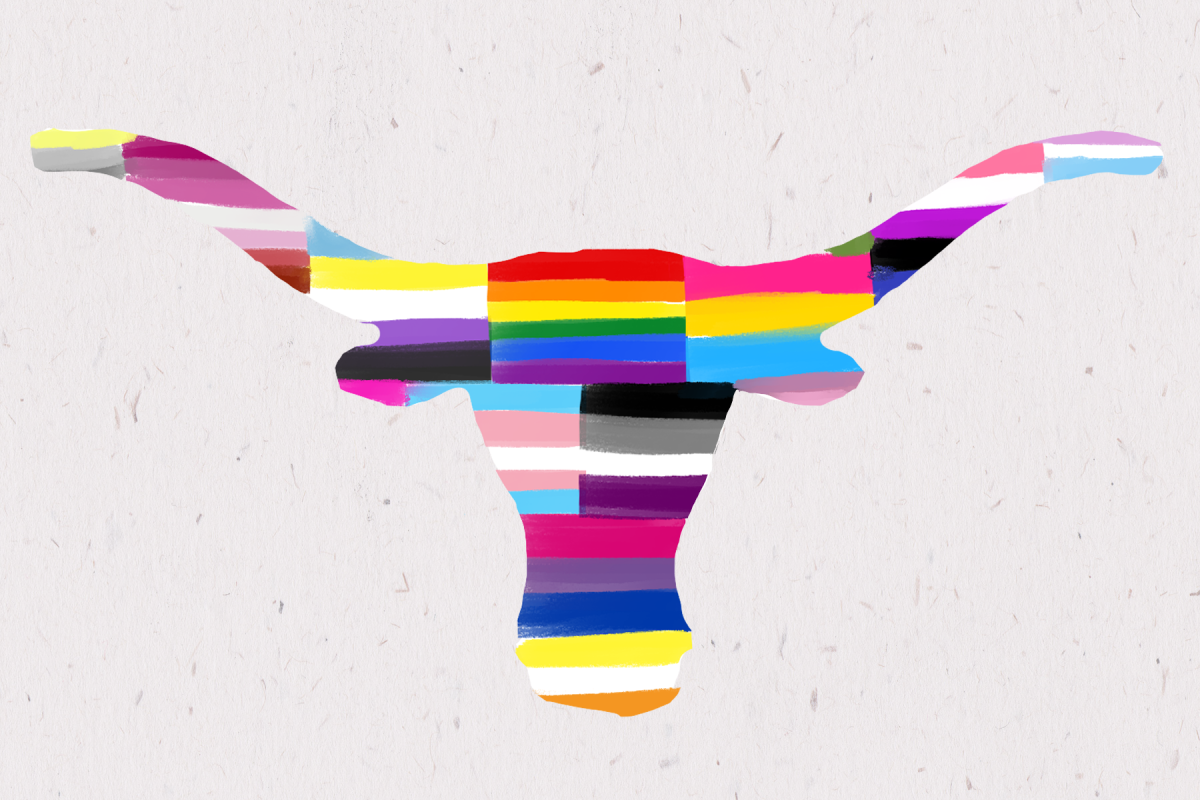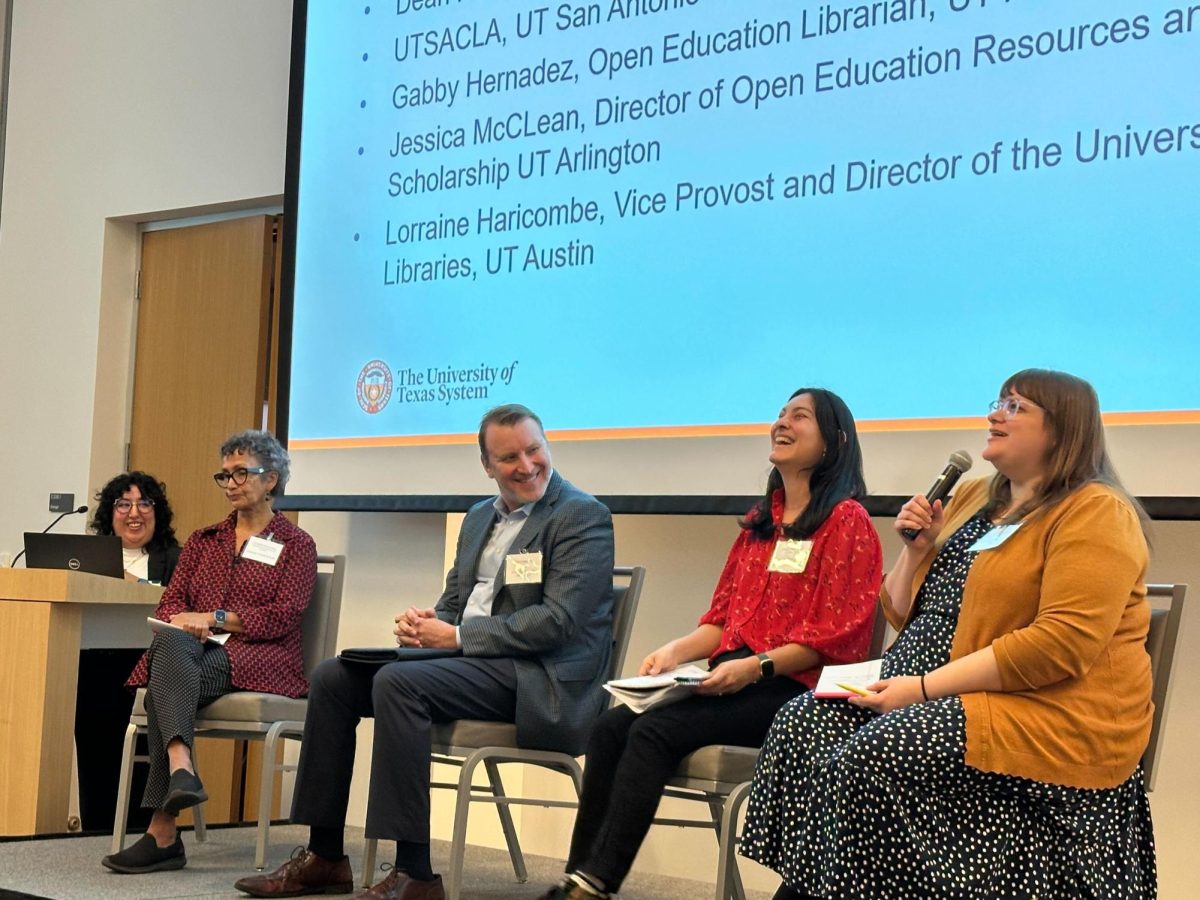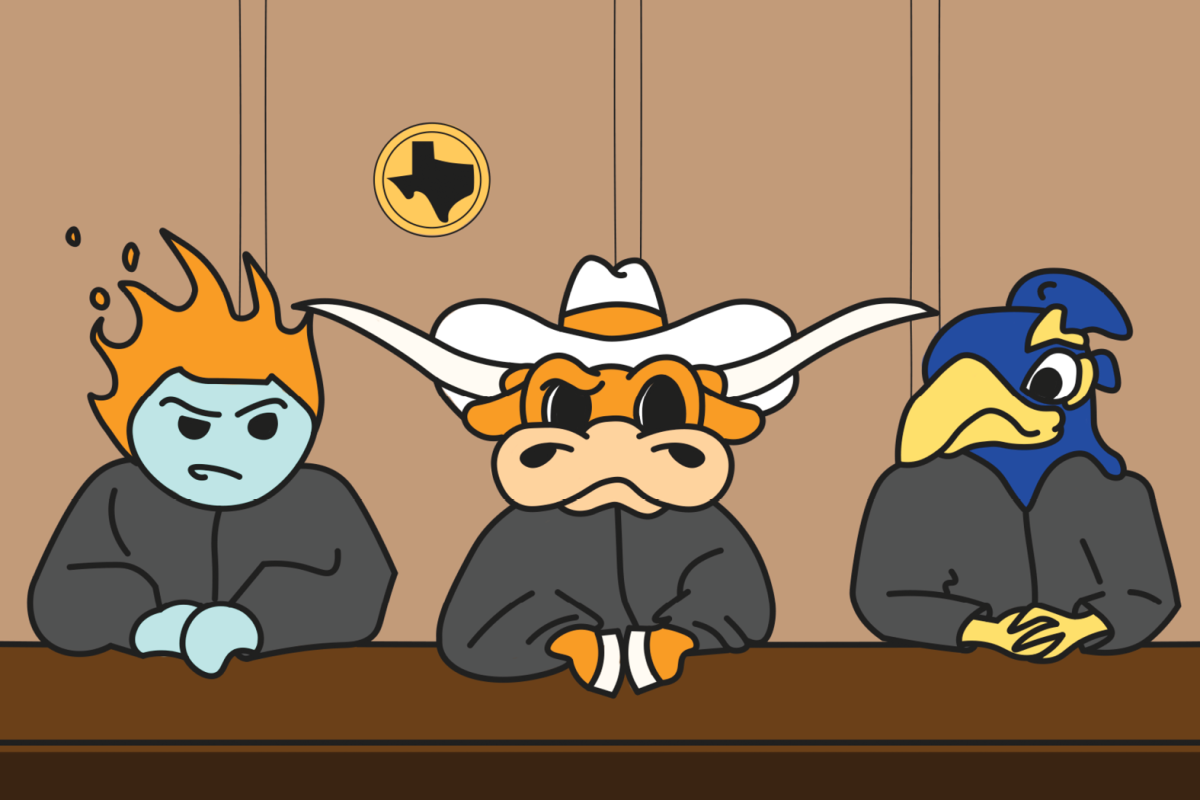The fate of diversity, equity and inclusion offices has been looming in the minds of UT students, staff and faculty since Senate Bill 17 was signed on June 17.
The UT Systems Board of Regents voted Aug. 24 to amend the Regents Rules so University campuses — including UT — can begin adjusting their own internal regulations to comply with the bill’s Jan. 1, 2024 deadline. The vote passed unanimously, despite UT students protesting the legislation at the meeting.
“Thank you for being here; thanks for your passion on the subject — you’re not going unnoticed,” chairman Kevin Eltife said to the protestors after the decision. “The way you’re handling yourself is admirable.”
The Division of Diversity and Community Engagement operates as the University’s DEI office and encompasses various services and programs, such as the Gender and Sexuality Center and the Multicultural Engagement Center, according to the University. Under SB 17, the University is no longer allowed to “maintain” a DEI office, potentially negatively affecting the DDCE’s operations.
Both the GSC and the MEC operate as places for students to learn about marginalized genders, sexualities, races and ethnicities. Under SB 17, it’s a possibility for these centers to lose funding or to be restructured, such as the University of Houston’s reconfiguration of their LGBTQ Resource Center earlier this month.
Since SB 17’s initial proposal, University students’ opposition to the bill has been increasingly present, including UT Senate’s March resolution in support of DEI, Texas Students for DEI’s initial petitions signed by UT students, staff and faculty, and the most recent protest held during the UT System’s meeting.
Jake Holtzman, officer for the organization Students for a Democratic Society, said they have already seen the fallbacks of the anti-DEI movement. Holtzman said a student told him while tabling on Speedway that he would not have accepted his UT admissions offer if he knew the full story about the University’s DEI conflict. He said many students also expressed their concerns about the future of UT for marginalized students.
“UT Austin is not as diverse as it should be in terms of the student body. If you compare the demographics to Texas as a whole, there’s still work to be done around that,” protestor Holtzman said. “SB 17 (and) the ban on affirmative action are huge setbacks to (UT’s diversity) work.”
The UT System said in an email statement that since the vote is complete, the various UT institutions can now “take (the) steps needed to comply with the new law.” As of this time, the University has not announced what changes will be made to adhere to these new guidelines.
“What will not change is our University leadership’s commitment to attracting, supporting and retaining exceptionally talented staff, faculty and students with diverse backgrounds and perspectives, and fostering and celebrating diversity across our community,” Hartzell wrote on June 6, the University’s most recent announcement concerning SB 17. “Within the scope of the new law, we will remain focused on making sure the very best students want to come to UT.”





















